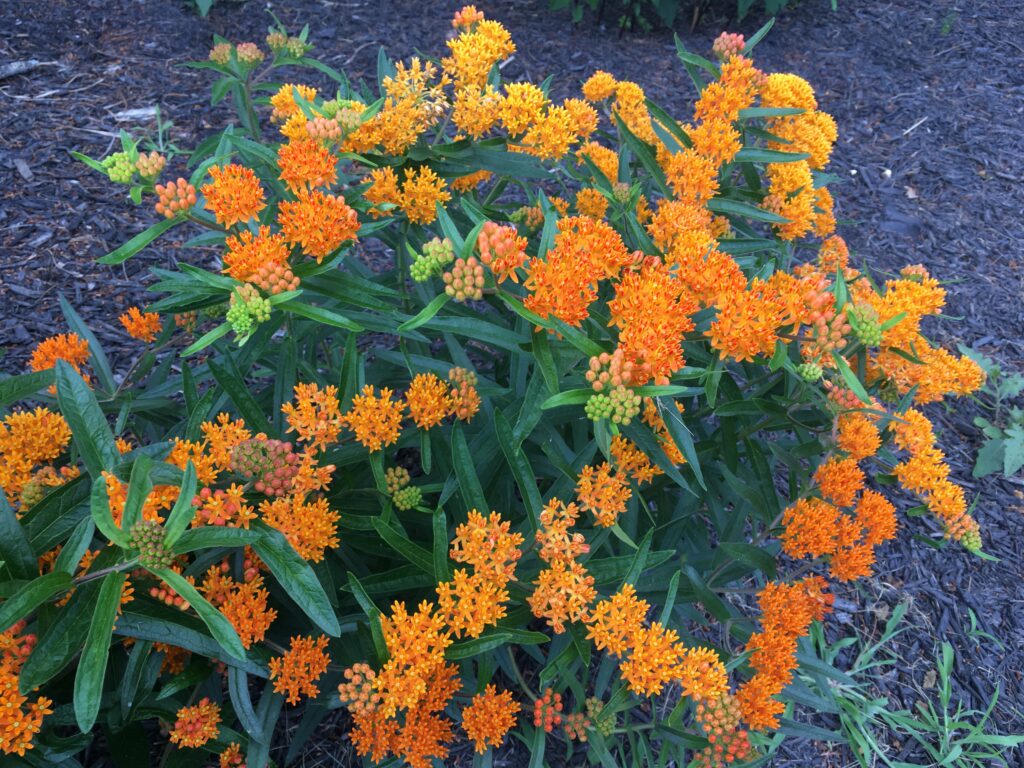Our philosophy: This is not a family farm, held for many generations. Rather, it’s the realization of a long-cherished dream. As a PhD environmental scientist, who taught Environmental Chemistry in the engineering school of a major university in Maryland for 26 years, I was all too intimately aware of the damages that conventional agricultural practices were inflicting on the environment as well as on human health. At Lucky Lane Farm, we strive to raise animals humanely and sustainably.
- Our lambs are 100% grassfed, and (apart from the first few days of life, when they remain sheltered in a barn bonding with their mothers), they spend each day grazing in our pastures. (In contrast, many sheep are raised in confinement their entire lives, or at least while they’re lambs; supermarket lamb is typically fattened on grain in feedlots). Rotational grazing increases our yield of forage while reducing their exposure to parasites. Our lambs are NOT fed grain, and may, therefore, be smaller and leaner than the supermarket feedlot lambs you may be accustomed to.
- Our chickens are allowed free access to our pastures during the day, and eat grass, discards from our (organically-raised) vegetable garden, our own leftovers, and bugs, in addition to chicken feed.
- As a former environmental scientist, protecting the Chesapeake Bay is important to us! We fence all of our sheep out of our streams to prevent sediment erosion that adversely influences submerged aquatic vegetation in the Bay. We also compost our animal manure for use on our (and friends’) vegetable gardens, and we strictly adhere to the results of soil tests and our Nutrient Management Plan in deciding when and how much to fertilize our pastures and hayfield.
We cherish our farm as a location that celebrates the beauty of Nature, and we invite you and your family to come visit, meet our livestock, gather some eggs, pick some flowers or vegetables from our gardens or fruit from our orchard – and to develop an understanding of how food was meant to be produced!

Butterfly weed (a milkweed; Asclepius tuberosa) growing in our garden – a pollinator-friendly native plant
More information about our farm, and our approach, is available here.
Information about our sheep can be accessed here.
Information about our chickens can be found here.